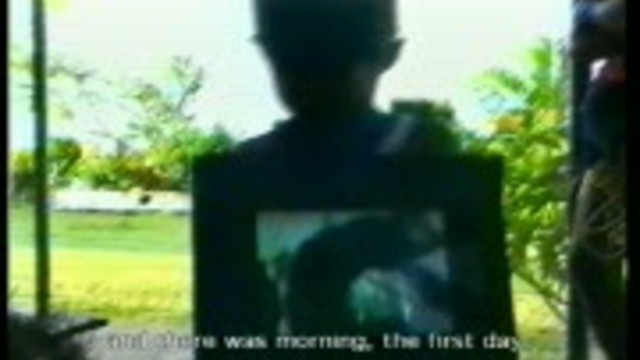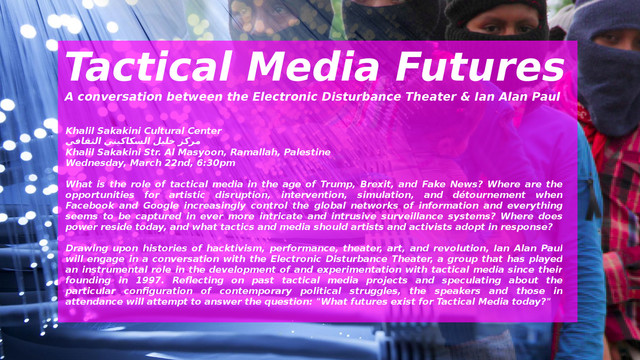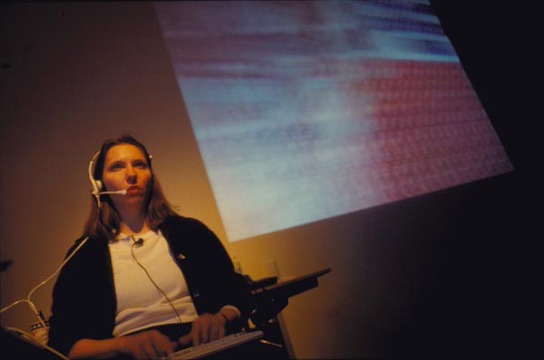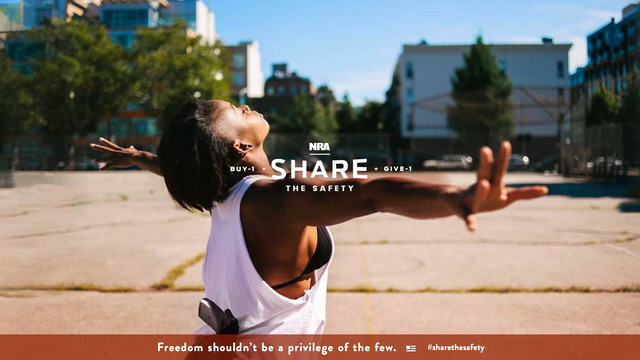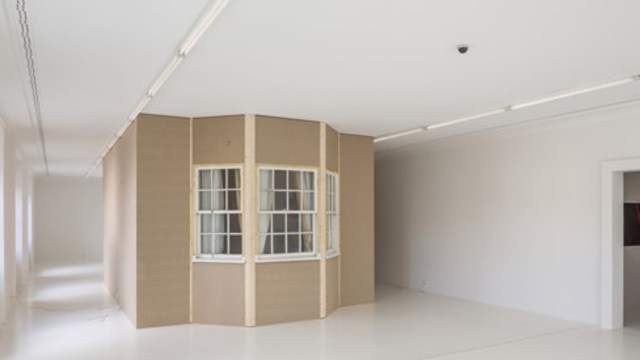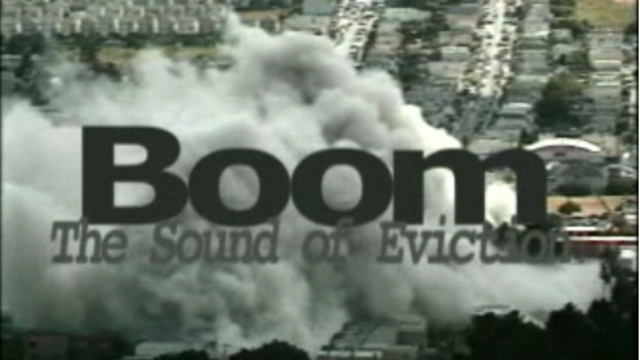The Days of the Commune - Zoe Beloff
On display March 30-May 30, 2013 at Slought Foundation, Philadelphia
Opening event on Saturday, March 30th; 5:00-7:00pm
Slought
Foundation is pleased to present The Days of the Commune, a cinematic
installation by artist Zoe Beloff in the Slought galleries from March 30
- May 30, 2013. An opening event featuring the artist and 20
participating actors, activists and artists will take place on Saturday,
March 30, 2013, from 5:00-7:00pm. Live songs with musical accompaniment
will be performed, followed by a historical overview of the 1871 Paris
Commune and a public conversation with the artist.


